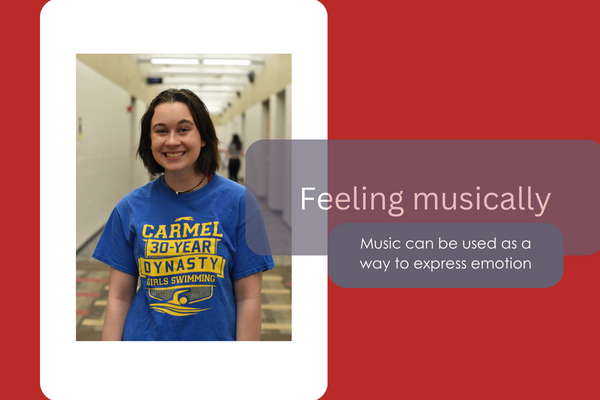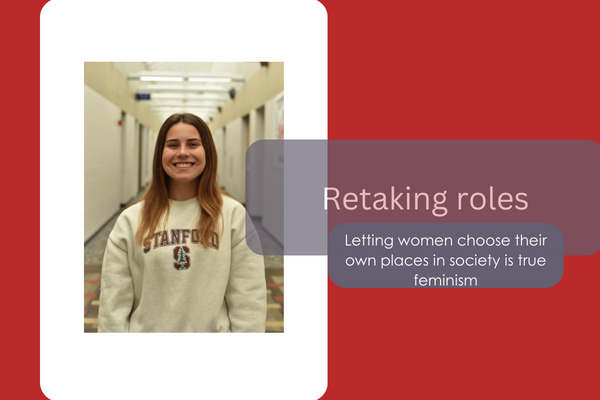When shock value loses its value
March 16, 2018
“Game of Thrones” is a show famous for graphic depictions of violence and an impressive amount of sexual content. Since it’s first season, it has been incredibly well-reviewed and watched by record amounts of people, with the season 7 finale attracting more than 12 million viewers. It is, without a doubt, one of the most successful shows in recent history, and I enjoy it thoroughly. So why does it often leave a bad taste in my mouth?
The answer, I realized, was quite simple: I have a hard time watching “Game of Thrones” because of how they portray sexual assault and rape. George R. R. Martin, the writer of the books and a writer and advisor for the show, has often spoken on his intent when writing the series’ violence. He wanted to write a fantasy series that didn’t rely on fantastical elements for it’s villains. He wanted to be true to the realities of war, and war and rape have always walked hand-in-hand.
I don’t disagree with his intent. I think his approach to fantasy is new and innovative, and I think it’s important to write and portray sexual assault and sexual assault victims in the media. However, “Game of Thrones” goes about it the wrong way, often choosing to pass over or completely ignore the trauma of rape on a victim. In a show that is so praised for continuity, and makes sure nothing happens without consequences, sexual assault and rape often happen without ever being mentioned again, by either the victim or the perpetrator. Almost all of the main female characters have been raped or assaulted at one point, and it seems as if this is never addressed by any of the characters. Even when it is spoken about, such as Sansa Stark’s mentions of her repeated rape at the hands of Ramsay Bolton, her trauma is often brushed off or ignored by other characters.
To go even further, the writers of the show seem determined to add as many depictions of rape as they can. Jaime Lannister forces his twin sister, Cersei, to have sex with him at their son’s funeral, next to his dead body. The writers of this show and Martin all insist this wasn’t rape, even though Cersei says “no” repeatedly and fights to get out of Jaime’s grasp. This scene was verbally consensual in the books, so why change it? Why add in another instance of sexual violence?
The one redeeming quality of all of this is that all victims usually get revenge. Ramsay Bolton gets mauled by his own dogs at the hands of Sansa Stark, for example. However, revenge does not automatically ensure healing, and none of the psychological effects of violence are ever mentioned.
Sexual assault and rape are real problems, and it fits in with Martin’s original intent of commentating on the harsh realities of life. However, “Game of Thrones,” a usually unflawed series, has failed on creating compelling or impactful portrayals of this. In the final season, I hope to see the consequences of the trauma that Sansa Stark has accumulated, even after she has gotten her revenge. I also hope that writers who watch “Game of Thrones” will see the flaws and make sure that they write sexual assault. Not just as an excuse to show the grim realities of the world, but as a way to know when it’s truly necessary to add in another example and know how to write fully developed characters who experience the after-effects of sexual violence.








